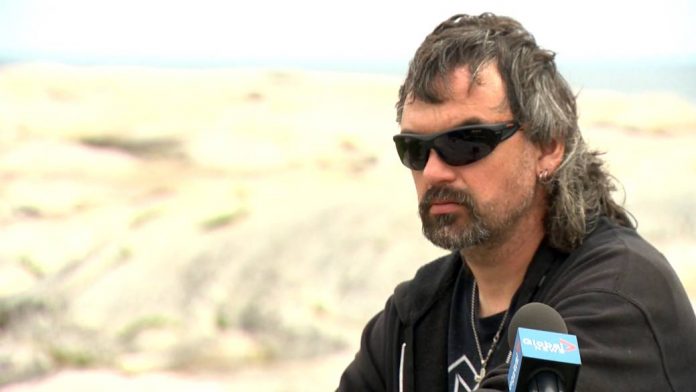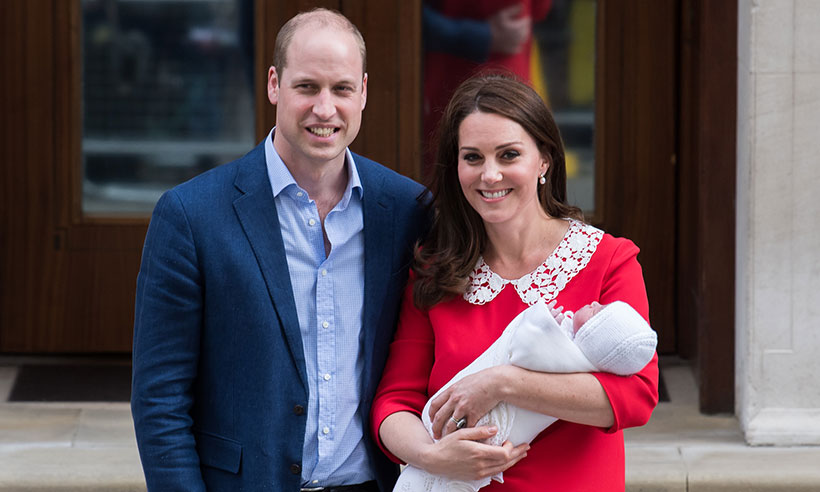The phone kept ringing. Over and over again Harry Bond tried to reach his parents at their home in Portapique, N.S., on Sunday, April 19.
Bond was worried about whether his parents were still alive.
At the time, news was spreading about a gunman’s murderous 13-hour rampage that began down the street from where his parents lived.
“You know it started in Mom and Dad’s backyard and you can’t get hold of them,” Bond said. “The phone is ringing and nobody is answering.”
Peter and Joy Bond were among the first of 22 people killed in the shooting spree.
But Bond said he only found out that his parents had died on April 20, nearly two days after they were shot. He and his brother got this news after driving to a police roadblock in Portapique and demanding answers.
His experience mirrors what happened to other relatives of the victims. In a proposed class action lawsuit, they allege the RCMP misled Canadians about what really happened.
Some victims’ families have said they were told by the RCMP to watch the news for updates about the investigation, rather than receiving this information directly. They also said police released statements to the public that falsely claimed families were notified of the details before they were sent out.
“We’re not being told anything,” Bond said. “When we find something out, it’s through the media.”
Victims rights advocates and criminologists who spoke with Global News say it’s critical that victims of crime receive information directly from police and not second-hand through the media or via police press conferences.













